Water & Climate
The Untold Story of How Water Governs
Our Climate
What Climate Models Miss About
the Power of Water
July 10, 17, 24 & 31
Thursdays — 12:00 noon & 7:00 pm ET
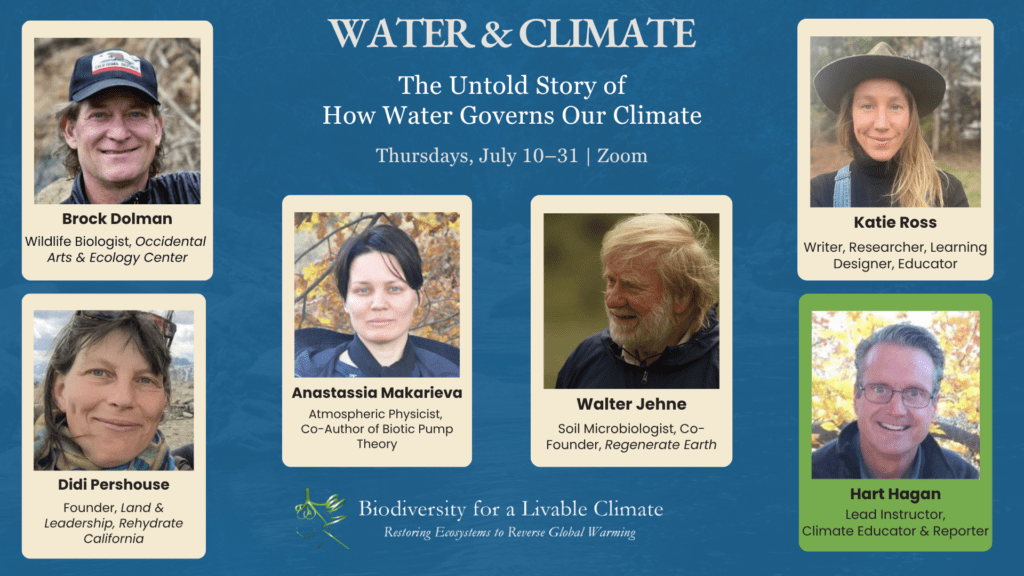
Featuring 5 Expert Guest Speakers
Brock Dolman — July 10 – 12:00 noon ET
Anastassia Makarieva, PhD — July 17 – 12:00 noon ET
Katie Ross, PhD — July 24 – 12:00 noon ET
Walter Jehne — July 24 – 7:00 pm ET
Didi Pershouse — July 31 – 12:00 noon ET
Registration is now closed.
Sign up here to receive invitations to
our upcoming courses.
There’s a crucial piece missing from the climate conversation.
The planet has a built-in cooling system—through the cycling of water—and it’s one of nature’s most powerful, yet most overlooked, climate regulators.
We’ve already passed 1.5°C of warming. We’re beyond the safety zone. Now, we must not only prevent further heating—but also start cooling the planet using fast, affordable strategies that are proven to work!
This eye-opening course reveals how nature manages heat through water. Forests, grasslands, wetlands, and oceans are nature’s air conditioners—cycling water, forming clouds, generating rain, and releasing heat into space. When ecosystems are healthy, they keep the temperatures livable.
But human activities—like deforestation, pavement, and soil degradation—are shutting down these powerful natural systems. Here’s the good news—we can reactivate these vital cooling and hydrological cycles—starting right in our own yards and communities.
Join us for this course and discover:
- How water, not just carbon, governs the planet’s temperatures
- Why increasing plant cover can cool your community
- Simple, affordable techniques already working around the world
- The surprising role animals play in rehydrating the land
- Why forests are more than carbon sinks—they’re climate stabilizers
- Clear, practical steps to restore water cycles where you live
You already know the cooling power of water. Our bodies sweat on a hot day to cool down. All species and ecosystems work the same way—plants, trees, wildlife, people, wetlands, and oceans all help move heat and moisture through nature’s cycles—stabilizing Earth’s temperatures. Let’s harness that power—because nature can cool the planet, if we let it.
Uncover this essential part of Earth’s climate-regulating system—and learn how we can work with nature to restore a safe, livable future.
What’s Included in the Course
- Live Classes every week! A 12:00 Noon and 7:00 PM live class each week on Zoom for a total of 8 live sessions, recorded for your convenience
- Thursdays – July 10, 17, 24 & 31, 2025 – at 12:00 – 1:30 pm and 7:00 – 8:30 pm ET (attend either or both classes)
- Guest Speakers will share their research and experience
- Membership in a private email group to ask questions, share resources and build community with the instructor and fellow students
- Advocacy Coaching for you to be effective in your community
- Plus Resources you can use to help decision makers create truly effective climate action plans
Guest Speakers
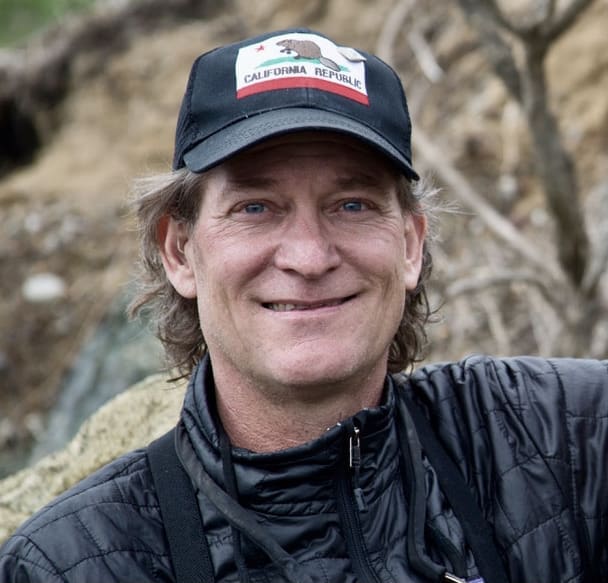
Brock Dolman is a wildlife biologist and is nationally recognized as a restoration ecologist and renowned innovator in watershed management and Permaculture design. Brock integrates wildlife biology, native California botany and watershed ecology with education about regenerative human settlement design, ethno-ecology, and ecological literacy to illuminate what it is to live in partnership with a living, emergent Earth and engender societal transformation. In 1994 Brock co-founded the Sowing Circle, LLC Intentional Community & Occidental Arts and Ecology Center (OAEC) where he continues to reside and act as director of OAEC’s Permaculture/Resilient Community Design Program, Wildlands Program and WATER Institute. He has taught Permaculture courses and consulted on regenerative project design and implementation in 15 countries and widely in the U.S. He has been active in promoting the idea of Bringing Back Beaver in California since the late 1990’s, which in part, has resulting in the creation of California Department of Fish & Wildlife’s Beaver Restoration Program. His latest effort, based on over 35 years of direct experience is OAEC’s Fuels to Flows Campaign. Brock graduated in 1992 with honors from the University of California Santa Cruz in Agro-Ecology and Conservation Biology.
Building on OAEC’s three decades of land stewardship and watershed restoration work, we are excited to formally launch our Fuels to Flows Campaign! The term “Fuels to Flows,” coined by the WATER Institute, asserts that our fire fears are connected to our water woes — drought, water quality issues, flooding, and the growing uncertainty about our water future. More than that, Fuels to Flows advocates for the reintegration of fire and “fuel” load management with the “flows” of the carbon, water and life cycles.
To review his important work, visit Occidental Arts & Ecology Center.
July 10 — 12:00 noon ET
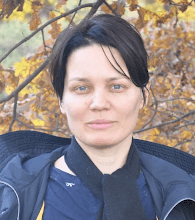
Anastassia Makarieva graduated from Leningrad Polytechnic Institute, Faculty of Physics and Mechanics, in 1996 and obtained her PhD in atmospheric physics from St. Petersburg State University in 2000. Since 1996, she has been working in the Theoretical Physics Division of Petersburg Nuclear Physics Institute investigating the life-environment interactions in the framework of the biotic regulation concept founded by Prof. Victor Gorshkov. In co-authorship with V.G. Gorshkov, Anastassia formulated the concept of the biotic pump of atmospheric moisture highlighting key ecological feedbacks on atmospheric moisture transport (2007) and, in cooperation with an international team of colleagues, demonstrated the existence of life’s metabolic optimum (broadly universal rate of energy consumption across life’s kingdoms) (2008). Combining theoretical work with field observations, Anastassia spent over sixty months doing forest research in the Russian wilderness. Her current research interests focus on deepening the physical understanding of ecosystem feedbacks on the water cycle and moisture transport.
To review her important work, visit Biotic Regulation.
July 17 — 12:00 noon ET
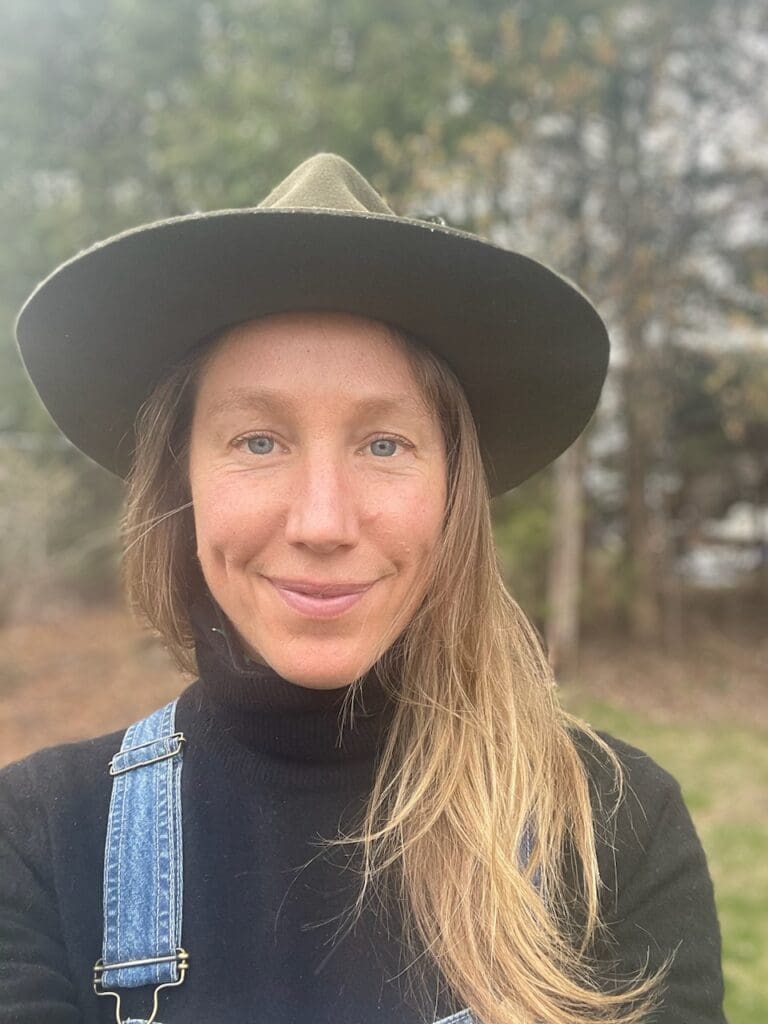
Katie Ross was raised in central Wisconsin, often feeling a deep sense of awe and empathy with our natural world. Graduating with a degree in Ecology at Columbia University, she focused on climate change by supporting Tribes and rural communities in their transition away from fossil fuels, both in Wisconsin and later in Australia. After 15 years as a transdisciplinary action researcher at the Institute for Sustainable Futures within the University of Technology Sydney and a doctoral inquiry into transformative learning, her focus shifted to the life beneath our soles – within our soils. She began working for, and had the privilege of leading, Soils for Life, an Australian organisation that supports farmers transitioning to regenerative agriculture. And it was here that many interwoven threads revealed a beautiful story of how landscape restoration is a profound point of agency to cool our climate, regenerate water cycles, grow nutritious food, foster biodiversity and reconnect with ourselves. Knowing how stories hold, transmit and transform paradigms, Katie is keen to share these stories of regeneration.
To review and follow her important work, visit her LinkedIn page.
July 24 — 12:00 noon ET
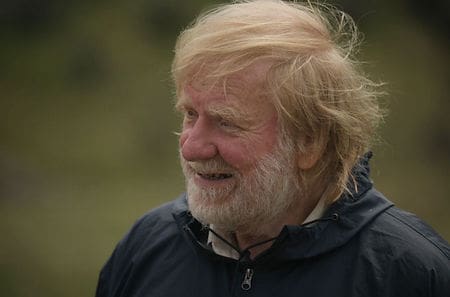
Walter Jehne is an internationally recognized soil microbiologist and innovation strategist, and he is the co-founder of Regenerate Earth.
He has immense field and research experience in soils, grasslands, agriculture and forests at local, national (CSIRO and Science Adviser to Australia’s National Soil Advocate), and international (UN) level. Walter’s specialisation is the role of soil microbes’ symbiotic processes in the ecology of diseases, plant health, nutrient and waste cycling, soil pedogenesis and the regeneration of bio-systems.
Decades of research have made him expert in plant root ecology, mycorrhizal fungi, glomalin, and soil carbon formation. He also has worked on biology’s enormous influences in hydrological cycles, weather patterns, regional and global cooling, and cloud formation and rain precipitation. Recent work has focused on commercializing leading bio-innovations which will urgently help restore agro-ecosystems and urban agriculture and ecologies. Walter is determined to advance the practical verification, application and extension of these innovations, including for cities and their supply chains, to sustain the current 8 billion and projected 10 billion people by mid-century.
To review his important work, visit Regenerate Earth.
July 24 — 7:00 pm ET
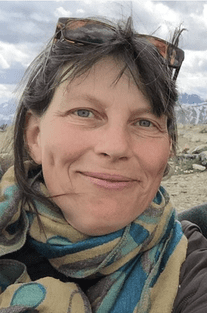
Didi Pershouse is the author of The Ecology of Care: Medicine, Agriculture, Money, and the Quiet Power of Human and Microbial Communities and Understanding Soil Health and Watershed Function. She teaches participatory workshops both in person and online, helping to show the nested relationships between soil health, human health, water cycles, and climate resiliency. She is the founder of the Land and Leadership Initiative and the Center for Sustainable Medicine, and a co-founder of the “Can we Rehydrate California?” Initiative. She is an independent trainer and curriculum developer for the UN-FAO Farmer Field School Program and the Andhra Pradesh Community Managed Natural Farming Initiative in India. She was one of five speakers at the United Nations-FAO World Soil Day in 2017.
To review her important work, visit didipershouse.com.
July 31 – 12:00 noon ET
Your Course Instructor
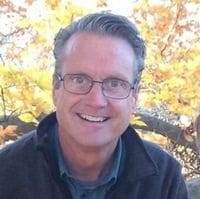
Hart Hagan is an environmental reporter who has produced nearly 400 radio shows and close to 300 videos since 2018. He is the founder of Water & Climate, a Facebook group with over 4,600 members. Six years as a climate reporter has led him to focus on the value of ecosystems and water cycles as a key driver of climate, and the primary means of curbing extinction and providing habitat for our fellow species.
Hart is passionate about educating people that in order to understand flooding, drought, heatwaves and wildfires, we must look beyond CO2 and examine how we treat our land. He is an avid gardener with a focus on native wildflowers and creating landscapes that capture all the rainfall.
Hart is also an educator, a native plant expert, an Accredited Organic Land Care Professional certified through the Northeast Organic Farming Association, and he has been trained by the Savory Institute in the ecological evaluation of pastures through a process known as Ecological Outcome Verification.
To review and subscribe to Hart’s important work, visit his:
YouTube Channel: @harthagan23
Blog on Substack: harthagan.substack.com
Facebook Group: Water & Climate
Whether this is your first course or your tenth course, please join us if you are curious about nature and its power to restore the soil and other ecosystems to abundance. Everyone has much to learn and share, and there is much to be done. We are all on a journey of expanding our knowledge on nature’s climate solutions, and we each bring something valuable to the conversation.
If you have any registration or general course questions, email us at courses@bio4climate.org. If you have specific questions about the course for Hart Hagan, you can contact him at nhhagan@gmail.com.
